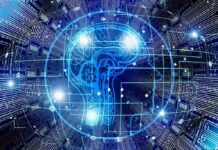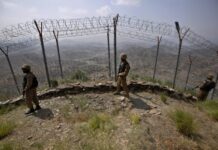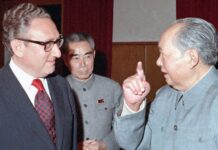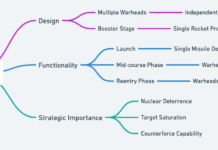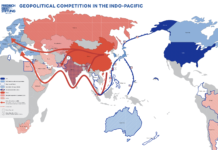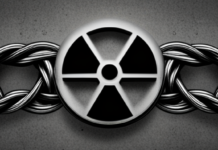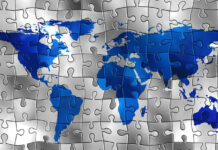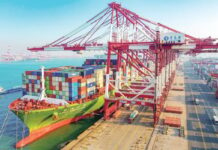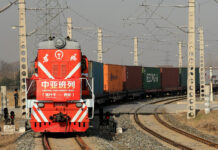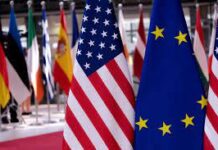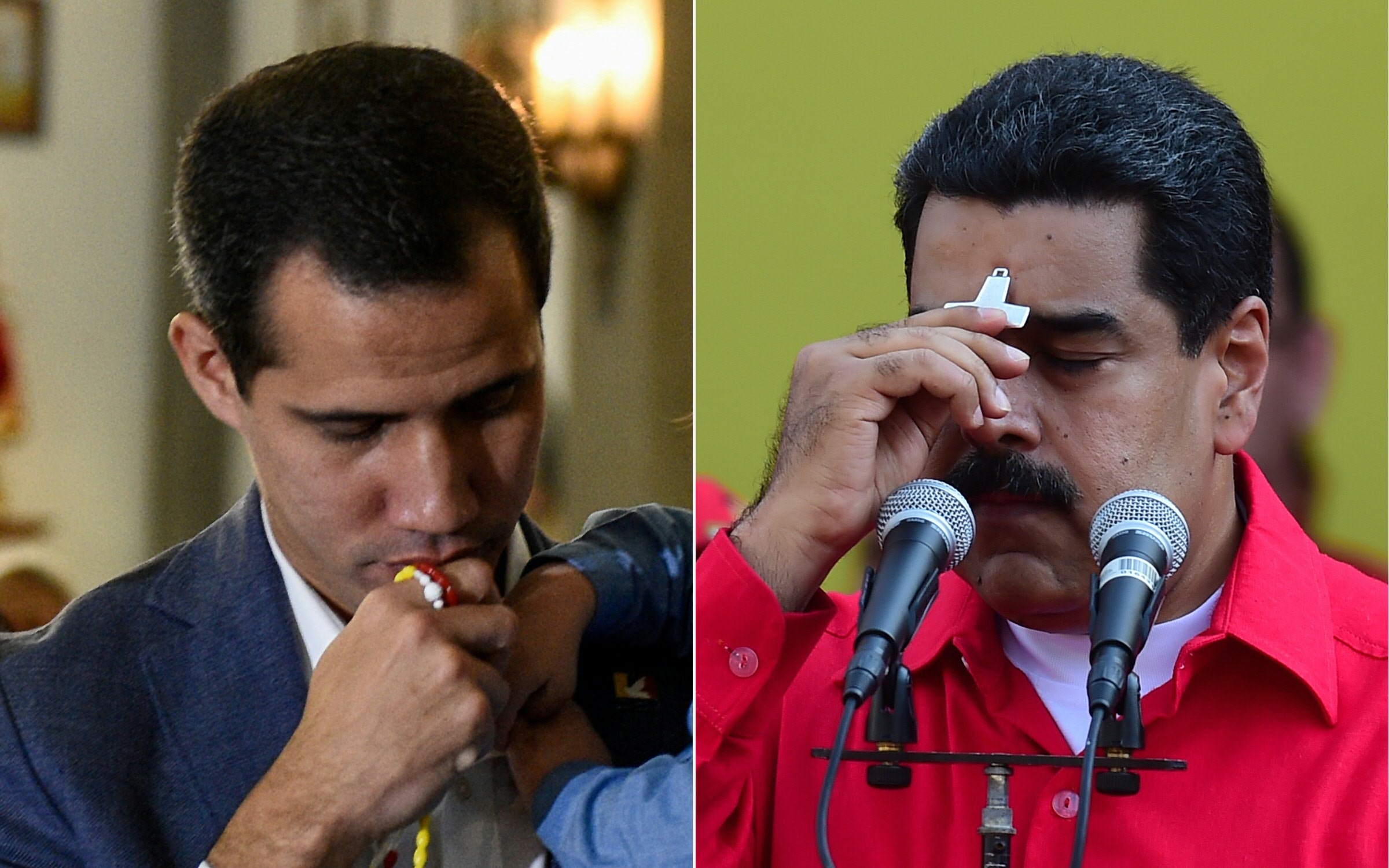Hamzah Rifaat Hussain
What has unfolded in Venezuela over the past few months is quite remarkable. Soaring inflation, chronic unemployment and pervasive corruption have emboldened the opposition to Nicolas Maduro’s United Socialist Party. The results were mass protests from Juan Guaido, the President of the National Assembly which has paralyzed the country. As per the Trump administration and numerous European governments, the message is clear: Guaido is to be recognized as the country’s president and Maduro must step down.
The protests can be viewed through the prism of government negligence, corruption and failure to deliver basic services to the citizenry. For analysts who hail from the Chomsky school of thought, western meddling, interventionism and an emboldened opposition have also contributed to the status quo. Few would doubt that Maduro does have friends and foes alike, with Beijing, Moscow and Ankara throwing their weight behind the United Socialist party. Adding to Maduro’s support base are counter protests to Guaido as well as those castigating Western governments, particularly the Trump administration for not only backing the opposition but aiming to militarily intervene. The situation is complex.
Venezuela’s conflict needs to be viewed in a historical context. The history of the South American nation is replete with a series of coups, military dictatorships and personality cults which have governed the course of its future. It dates back before Hugo Chavez’s ascension to power. One can think of Simon Bolivar, the charismatic nobleman who gained widespread accolades for fighting the Spanish crown and helped the country gain independence in 1821. As a military officer, he did not tolerate dissent or criticism and established a stronghold in each of the state’s institutions while rising to power. Personalized power then, became a trend with the likes of Jose Antonio Paez and Juan Vicente Gomez resulting in elitism and increased authoritarianism permeating the system and having a trickle down effect on the population. Democratically elected governments were toppled with coups despite the opposition parties signing the Punto Fijo Pact, an arrangement arrived in 1958 for the preservation of democracy.
Then came Hugo Chavez and his successor Nicolas Maduro who are a continuation of the legacy that had beset Venezuela that had established increased authoritarianism and personality cults. Chavez, despite his popularity, his Anti-American rhetoric and backing by many Western states as the talisman who would preserve democratic traditions in the country, only worsened the situation by destroying all separation of powers, and curbing the influence of state institutions leading to widespread corruption and a breakdown of the rule of law. Accountability was absent, corruption was rampant and socialist reforms failed to bridge the structural inequalities which existed in the country. Similarly, the 2019 Presidential crisis in the form of Juan Guaido’s opposition and rallying cries for safeguarding human rights, transparency, economic and social justice as well as restoration of institutional powers, is the result of a historical trend of authoritarianism and misuse of power since the Spanish Wars.
Juan Guaido’s popularity however, particularly in the West, is widely because of his background and the fact that he is a trend setter who is breaking the long held status quo that Maduro and his predecessors deeply entrenched in Venezuelan society. The Donald Trump administration was not ruling out the decision to even militarily intervene to ‘save’ Venezuelans from the atrocities committed by the Maduro administration. The latter decided to break off diplomatic ties widening the rift between Caracas and Washington D.C.
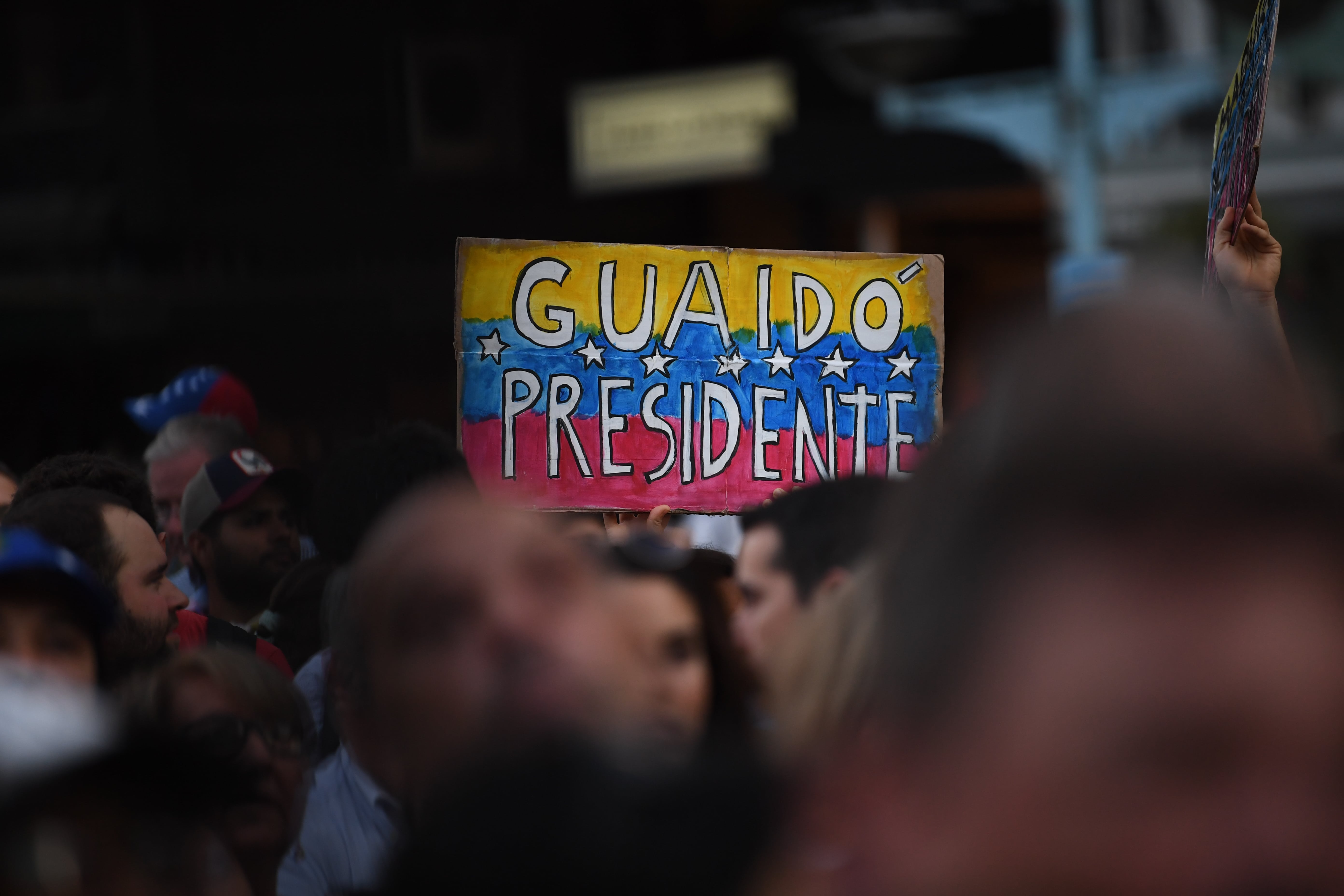
Guaido however, continues to promise a lot. He has revived Venezuelans to the point of defiance and has galvanized the disgruntled population to the point of revival and hope. That notwithstanding, Guaido has significant challenges that he has to overcome in order to ensure that Venezuela’s economic, social and justice footing is secured. He needs to avoid developing that cult of personality which had permeated into the vagaries of the country’s system. His priority should be to ensure that institutions function for public welfare – an aspect that has eluded Venezuelan citizens since Simon Bolivar. He must also tolerate dissent, curb back the draconian machinery of the state and promote the rule of law and transparency. A country which has had a legacy of military dictatorships and erosion of democratic institutions also requires time to be receptive towards change and Guaido would do well to allow that instead of being at the helm of affairs and carrying the country forward with a majoritarian and totalitarian mindset.
Democracies across the world often consider horizontal decision making with the supremacy of the parliament as the key for transparency and accountability. The chief executive is considered to be subservient to the parliament and the best example is the recent pressure exerted on Theresa May over the Brexit issue. Even in countries with a history of military dictatorships such as Pakistan, constitutional provisions such as the 18th Amendment and the transition to democracy ensures that the President can be voted out based on a 2/3rd vote of ‘no-confidence’. It is crucial that Venezuela takes a lead from such examples.
For now, the country is enmeshed in political, economic and social turmoil. Nicolas Maduro as his predecessors had done, has decided to stay defiant, muzzle out the opposition, sour diplomatic relations with the United States and consider this upheaval to be a product of Western meddling. While few can dispute that that may be the case, the truth is that Venezuela has a legacy of totalitarianism that must not be carried forward as it looks for sustainable and long term change. The burden on Guaido is considerable, and he would need more than just support from European governments or the Donald Trump administration, if Venezuela is to recover and recover quickly.
Hamzah Rifaat Hussain is a Lecturer at Air University, Islamabad.


